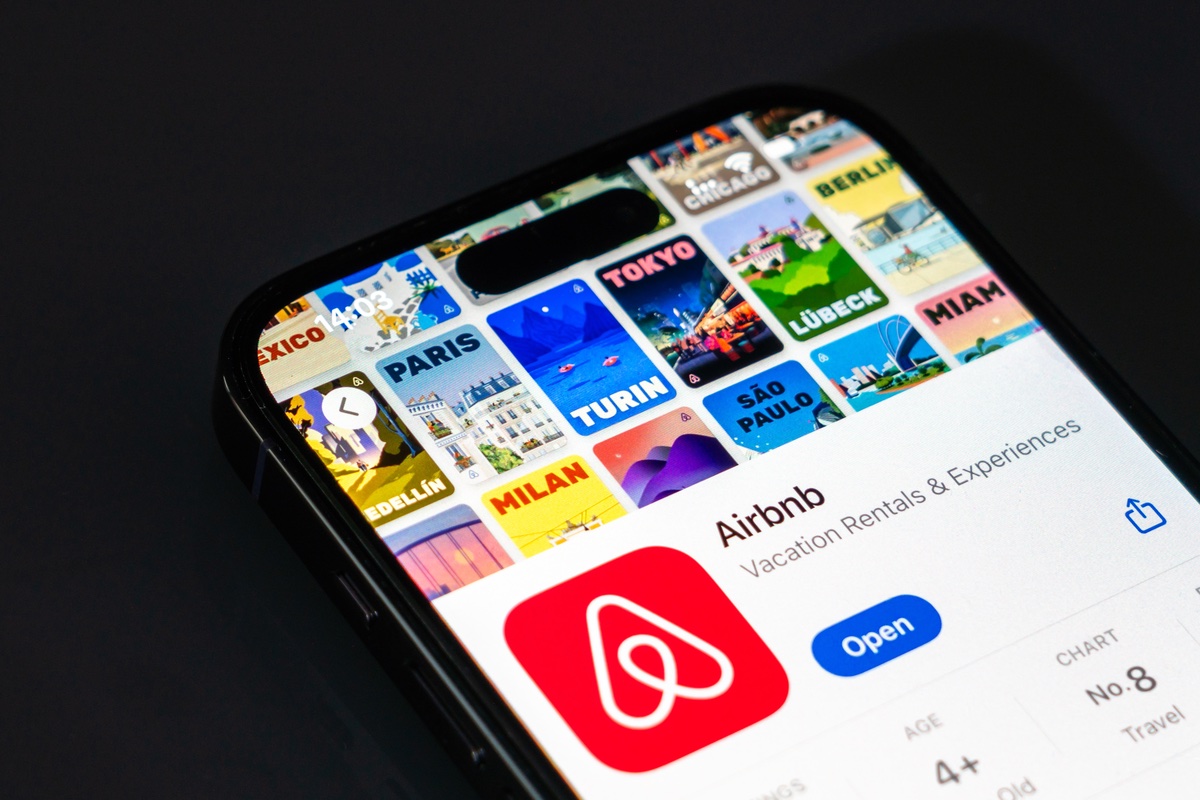Airbnb Outlines 2021 Vision After Weathering $4.6 Billion Pandemic Year Loss

Skift Take
Listening to Airbnb's first earnings call as a public company, versus that of Booking Holdings a day earlier, was a study in strategy contrasts.
Airbnb CEO Brian Chesky said experiences and hotels would be important for Airbnb in 2021, but he seemed to downplay the importance of expanding its fledgling hotel business.
On the other hand, on Wednesday night, Booking Holdings CEO Glenn Fogel said he didn't care too much what the mix of traveler preferences would be for hotels versus short-term rentals — actually hotels is a higher margin business — coming out of the pandemic because his company could offer whatever travelers prefer.
Chesky said Thursday in the company's fourth quarter and full-year earnings call with analysts that he's proud of Airbnb's 2019 acquisition of HotelTonight — the company's largest — but said that the usefulness of offering hotels on Airbnb is to make sure customers can find an accommodation. In contrast, he said, what Airbnb customers really desire is stays at unique properties operated by individual host owners — not necessarily hotels.
The Airbnb CEO hasn't discussed its hotel ambitions much since scaling back investment in hotels at the height of the pandemic.
"We still are investing in hotels just not as much as before," Chesky said.
He said Airbnb's 2021 priorities would be recruiting more hosts by simplifying their onboarding process, as well as providing them with new tools. Chesky said the goal is to be able to add a host in a 10-minute process while giving them the option to call customer service if there are problems, and to match them with existing hosts for support.
Speaking of adding hosts, Chesky said the "conversion rate is the name of the game." In other words, it's important to succeed in signing up hosts once they are interested in the opportunity.
Other goals for 2021, he said, include simplifying the guest experience and fixing customer service issues.
Marketing Spend: A Critical Issue
Airbnb got burned in 2019 when it leaned into performance marketing on Google and didn't get expected returns so in his first earnings call as a public company CEO, Brian Chesky vowed never to return to that playbook.
Chesky said the company doesn't ever expect to return to 2019's level of sales and marketing as a percent of revenue — it was 33.7 percent.
Chief Financial Officer David Stephenson added that the absolute dollar figure of Airbnb's sales and marketing in 2021, as well as its percent of revenue, would be lower than 2019 levels. Airbnb shelled out $1.62 billion in sales and marketing in 2019, and shut down performance marketing in 2020 because of the coronavirus pandemic.
Chesky argued that Airbnb didn't need to operate sales and marketing like others do — playing the search engine arbitrage game — because 90 percent of Airbnb's traffic in the fourth quarter was organic, or unpaid.
He noted that Airbnb will operate a couple of branding campaigns in 2021, including Made Possible by Hosts, to increase its ranks of hosts. Without saying how much Airbnb plans to spend on that campaign, or to spend on sales and marketing this year, Chesky said Airbnb uses performance marketing in a targeted way to address destinations where there is a mismatch between available hosts and supply versus demand.
Remarkable Comeback
For the fourth quarter, Airbnb's net loss was $3.9 billion, a 452 percent plummet. That was impacted by its December initial public offering, which included $2.8 billion in stock-based compensation. Revenue in the quarter was down just 22 percent at $859 million.
At the height of the pandemic, Airbnb's bookings dropped 80 percent. So its $3.4 billion in revenue for 2020, a mere 30 percent drop, was a significant win.
For full-year 2020, Airbnb's room nights booked fell 39 percent to 46.3 million.





